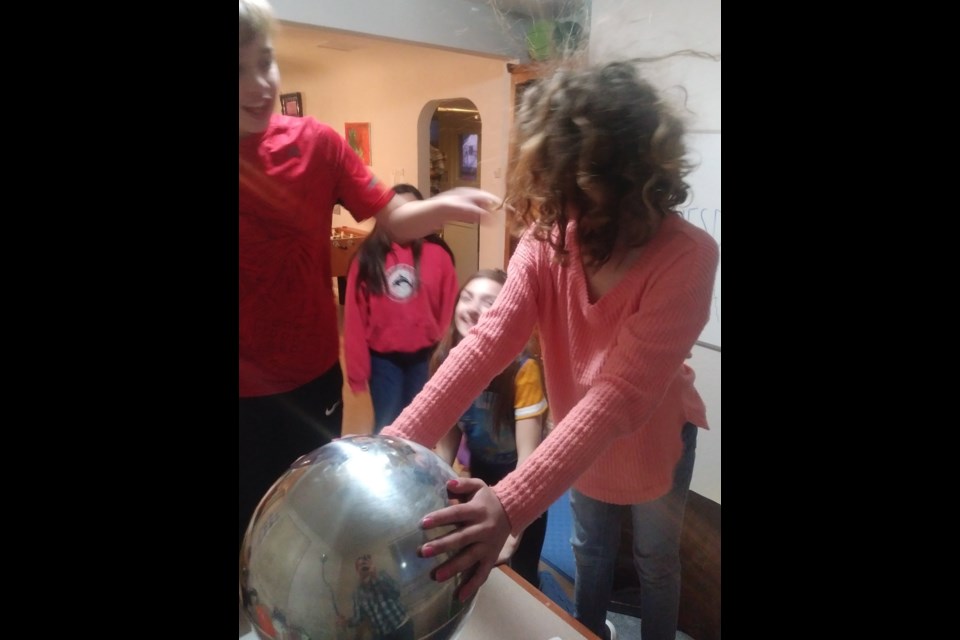4-H is an organization with a 100-year history that began in agriculture. As time has changed all things, 4-H, too, has widened its reach into more urban areas.
“In the late 1800s, researchers discovered adults in the farming community did not readily accept new agricultural developments on university campuses but found that young people were open to new thinking and would experiment with new ideas and share their experiences with adults” according to the 4-H website.
In both Weld and Boulder counties, 4-H groups are widening their programming to include youth from both rural and urban areas. The programming spans a wide range of topics including health, science, agriculture and civic engagement, among many others.
In the past, youth who wanted to participate in 4-H had to join a club and pay dues, according to Patrick Pulis, Weld County 4-H Program Associate, students can now join after- and in-school programs, community school programs and camps.
“We have started to broaden our outreach to not just youth that are in traditional clubs. A lot of times you have to have a farm to raise the animals or have access to a farm. We have been broadening our reach and broadening our access point so that 4-H can reach more and more youth,” Pulis said.
“We are hoping that by doing some short-term programming … that those participants will be encouraged to participate in our year-long program,” said Faith Kroschel, Boulder County 4-H youth development and outreach agent.
In order to help youth gain skills for future careers and access educational opportunities, 4-H has made its programs more accessible to youth in cities, who may never have access to farms.
In Weld and Boulder counties, youth can participate in programs such as rocketry, coding and embryology, according to Kroschel.
“They can learn these kinds of emergent technologies and be ready for the workforce,” Pulis said.
Although introducing these new programs may seem like the organization is straying from its roots, Pulis said STEM technologies are very important to the agricultural community.
According to Pulis, irrigation is an area of agriculture that has seen some recent advancement.
“We are trying to be a little bit more savvy on how much water we’re using and utilizing,” he said.
One new advancement is to dig under crops and place scales that weigh the amount of water being absorbed into the soil, according to Pulis.
“Without that scale and that technology, we would still be doing farming in a different way … without being more precise of how much water the plants really need and to be able to conserve water,” Pulis said.
For Pulis’ coding students the application of the coding lessons can apply to their everyday lives. He has taught students how to use coding to create light-detecting senors. The findings can be compared to information learned about how much light humans can tolerate in a single room. Students can then alter their own learning environments to lessen the amount of strain the light might be causing, Pulis said.
For Pulis, getting youth involved in 4-H is about discovery and teaching the fascinating aspects of nature. Youth involved in 4-H programs have an opportunity at every meeting to learn by doing, in accordance with the organization’s philosophy. That learning “elevates you to appreciate the world and its beauty,” he said.



